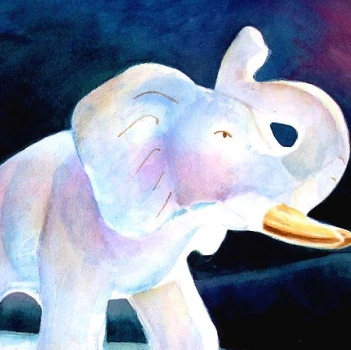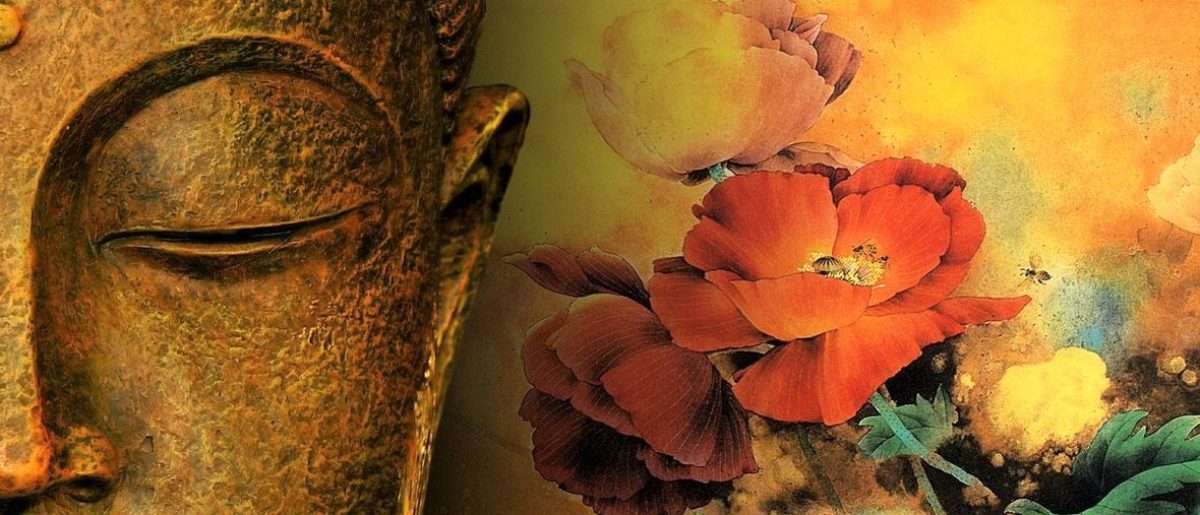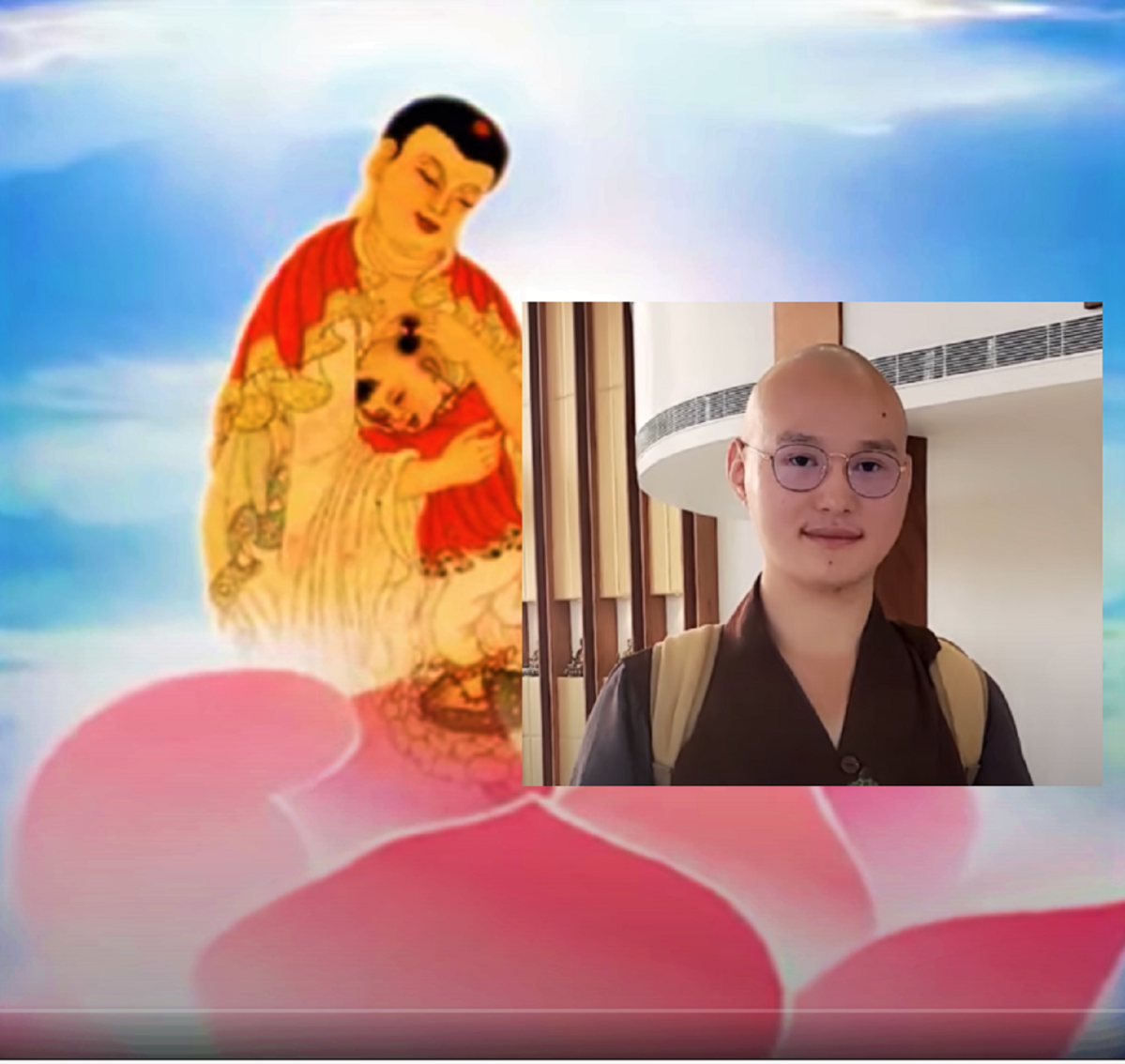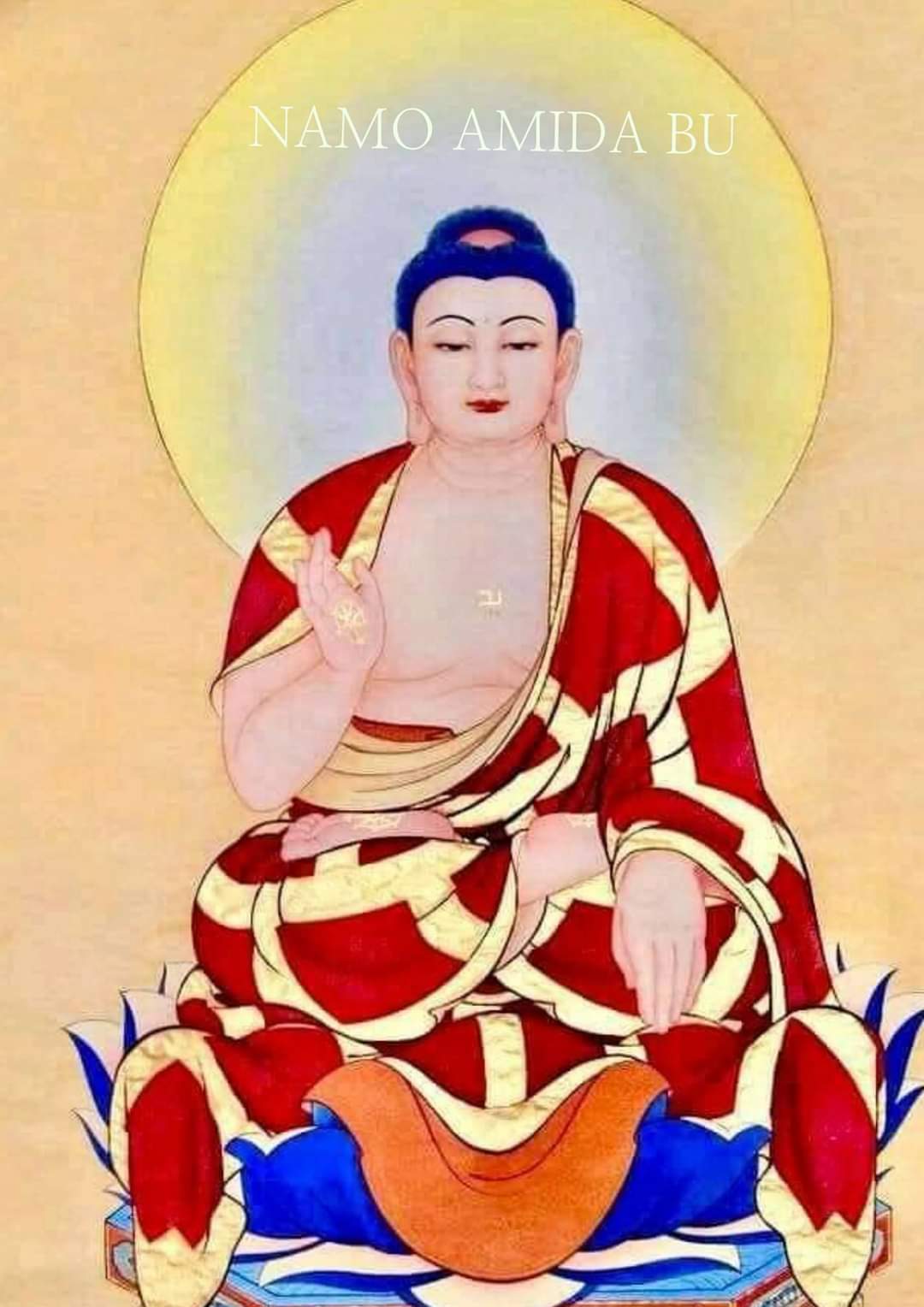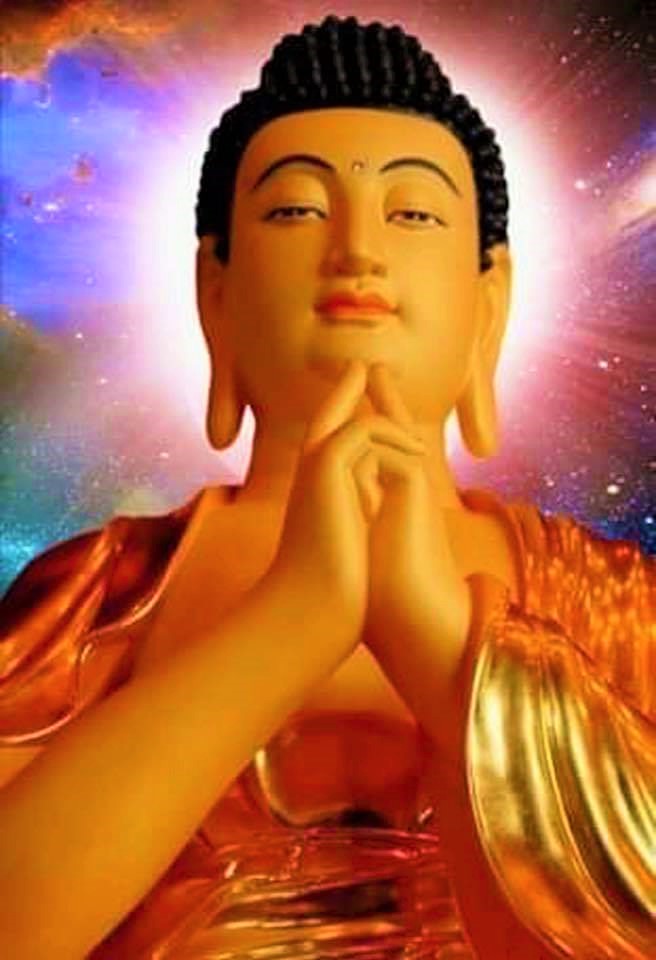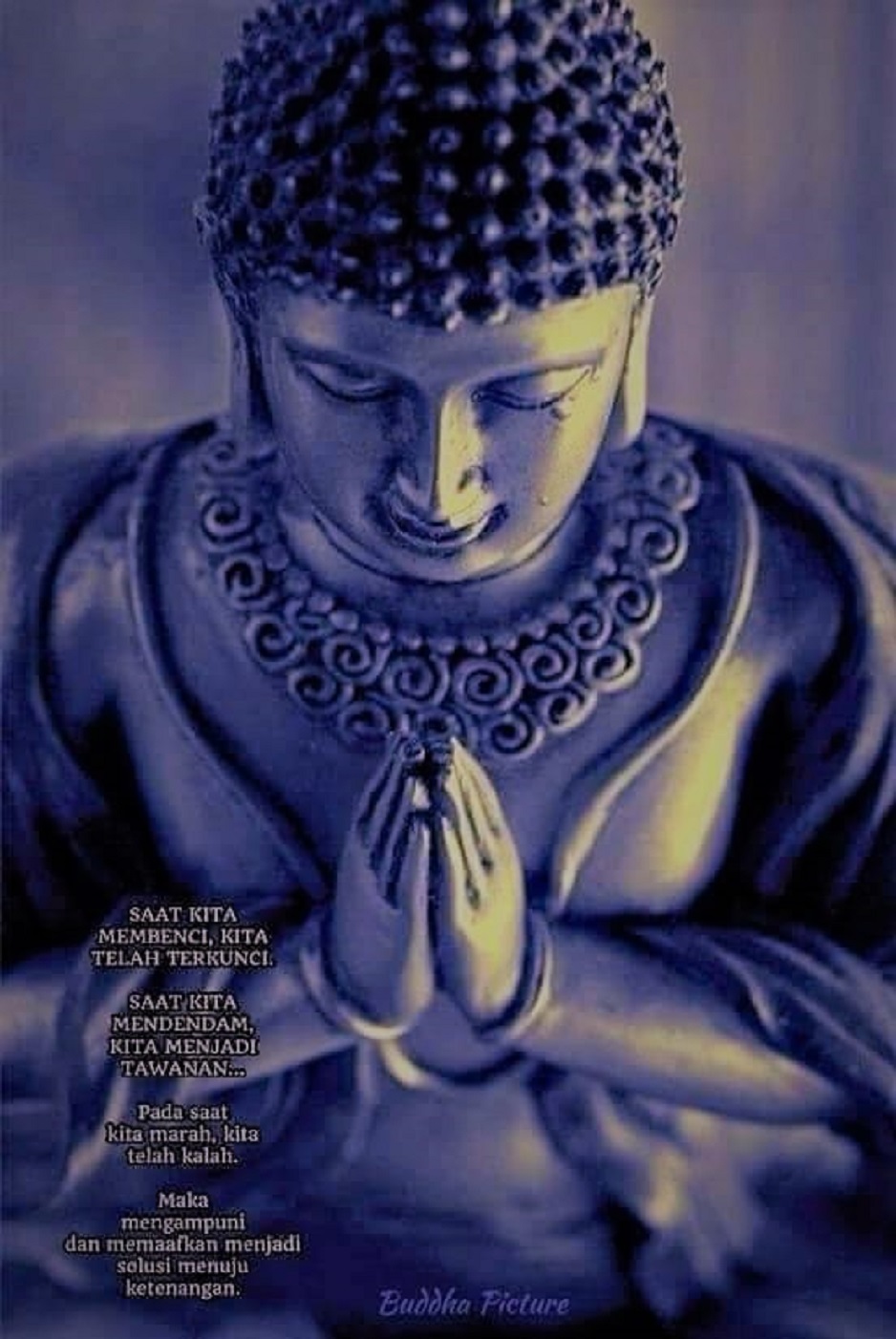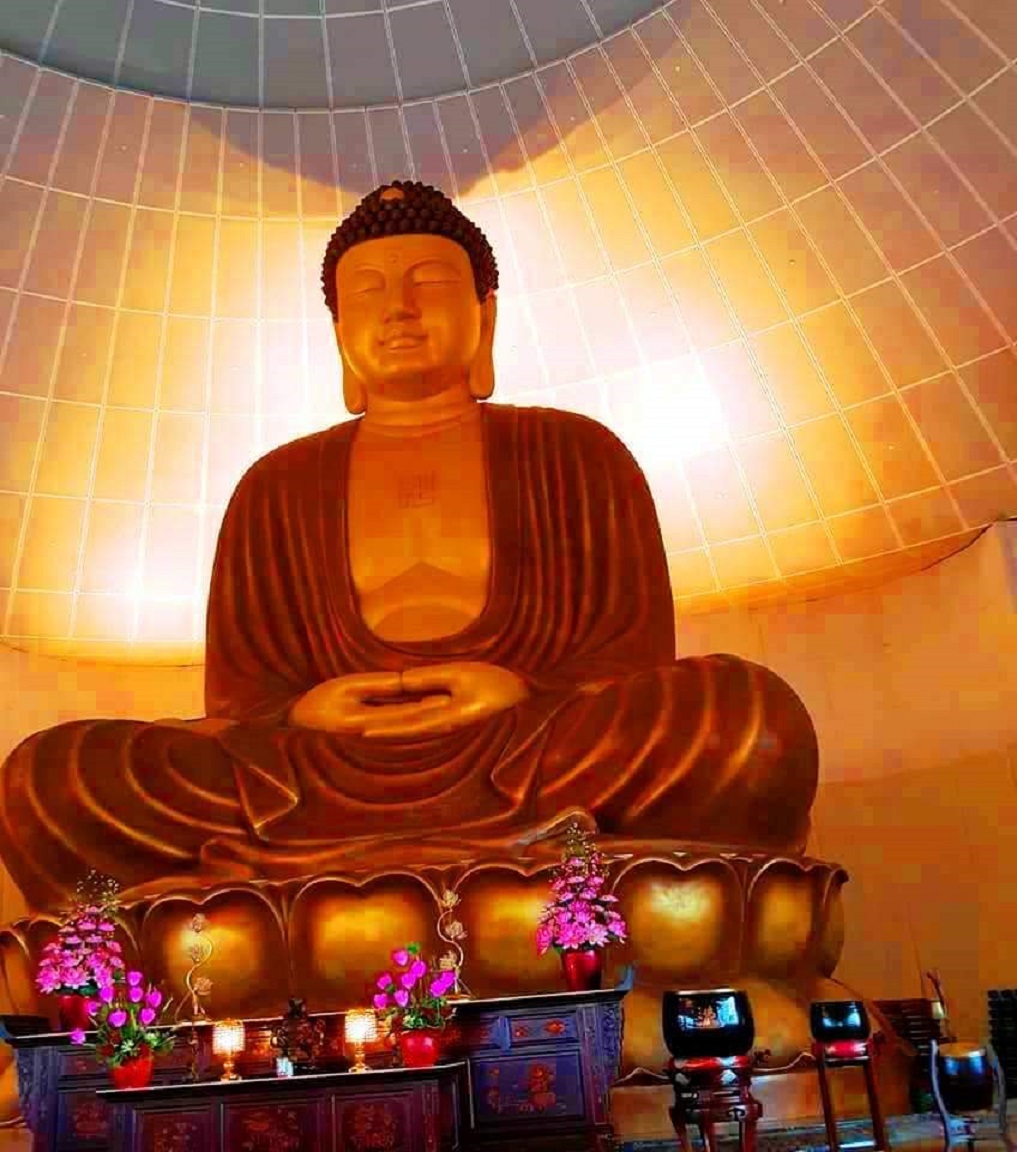The reasons for Venerable Master Shi Jing Yuan(释净源法师) to leave the home life.
I consider myself a strange person because I would often close my door, poked myself until I was bleeding and I would use the blood to write the Sutras.
Please do not follow me to do this, dear friends.
When I was very young, I would do this because I felt it was one way to show respect to the Buddha Sutras.
Another thing about me is I like to plan out my whole life, at which stage of life I will do this and at another stage I will do that.
I liked to recite Manjushri Bodhisattva from young because I did not know about the Pure Land Dharma Door and the exclusive recitation on Amitabha Buddha.
So, I would recite Manjushri bodhisattva, the bodhisattva of great wisdom.
In my class I was considered one of the weakest students in study. But after my recitation of Manjushri Bodhisattva I was among the top three in position.
There was a great advance in my study.
This happened only after six months of recitation.
I could feel the benefits in learning the Buddha Dharma and my faith in the Dharma is greatly enhanced. I have planned to leave home after I have reached the age of 30 or 40 plus. By then I would have gone through the university, earned some money and could make sure my parents are well taken care of.
But in this Saha world, the world of impermanence, the world of tolerance with hardships, my wish did not come as I have planned.
But now I feel that everything that happened is the best arrangement for me.
In the year 2014, I was down with a Crohn’s disease (克罗恩 ).
It means my digestive systems are totally decayed.
It started one night when I got a terrible stomachache. The pain was terribly acute. I had Diarrhea and the faeces were black in colour. I did not know that my digestive system was bleeding. I thought it was caused by food colouring.
As I had neglected the symptoms it finally reached a stage of acute pain measuring higher than ten degrees. It is said that woman who gives birth to a baby suffers the pain between 8 to 10 degrees.
But my acute pain had far-surpassed ten.
I was thinking of committing suicide. But according to my knowledge in the Dharma, committing suicide is considered the taking of life, killing. So, I dare not kill myself.
But as the pain was so acute, I had totally lost mindfulness. Moreover, I did not have the strength to kill myself as I had not eaten anything for more than 20 days, with the breaking down of my decayed digestive system. I could not take any solid food.
The doctor could only administer liquid diet through the inserting of tubes into my nose.
At that time, I could feel the pain, the hopelessness of animals being slaughtered for food. For me, the doctors were more like the cow’s head or the horse face messengers from the hell who would do whatever they like on me. I had no power to say anything!
My pain went on continually throughout the days and nights, 24 hours unceasingly.
In China, the injection of painkiller can be administered less than five times a day.
But the doctor saw my sufferings and he injected more than 10 times a day to relieve me of sufferings.
Finally, it came to a stage when the injection became useless.
It did not work anymore. My pain could no longer be controlled by any medication.
As the hospital could not do anything anymore, I was told to go home, to wait for my death.
I could really feel about the impermanence of life.
This is truly against my wish as I have even planned to live until 100 years old and the things I will do at every stage of my life.
But now I know life is impermanent. The Buddha says once our breathing comes to a stop, we are a dead corpse.
Nowadays, I am totally a different person. I do not do any planning.
At that time the only thing the hospital could do is to let me have some salt solution or glucose solution. My sickness came down in such a sudden that the whole digestive system from the mouth, the throat and stomach, big and small intestines were all rotten, decayed and they could no longer function.
There was no more contraction of the digestive muscles.
The doctors said that they had never seen such a serious case before. Mostly those who are down with this illness are quite mild. It means only a certain section is rotten or decayed.
My case is the first time in the medical history with the broken down of the whole digestive system.
And as I am a mixed practitioner, I call on to Guan Shi Yin Pusa, Di Zang Pusa, Manjushri Pusa to help me. But I left out Amitabha Buddha.
Then one day an old bodhisattva entered ICU. She had undergone a minor surgery on the intestinal obstruction and was required to stay in ICU for a day to be free from virus infection.
She occupied the bed next to mine.
She realized that I was listening to Guan Shi Yin Pusa on the recital device.
She looked at me with all the tube insertion and said kindly,
‘You are so ill. It is time to recite Namo Amitabha Buddha now so as to leave sufferings.
There are only two roads.
One is to call on Amitabha Buddha to bring you quickly to the Pure Land, relying on his strength of vows. The second choice is to be cured swiftly and go home.’
At this difficult juncture, I decided to follow her advice.
I did not seek to be cured.
I sought to be born in the World of Ultimate Bliss.
I was facing great pain. So, I could not recite persistently. The most I could recite in a day was about fifty times. Unlike all of you, my lotus friends.
After reciting the Buddha’s Name on the first day, I fell asleep soundly at night.
The pain was gone. It was really strange.
The next day I woke up feeling very comfortable.
Most of the time I would urinate blood and all my clothing, diapers and bed sheet will turn into a pool of red blood.
It is a real frightening sight.
My mother saw me in this condition and she could no longer cry. Her heart was broken.
Most of the time we thought death is not our business. It is others’ business.
As the saying goes, ‘When I see people die, I feel like an ant on the burning pot.’
We should be alert that death will soon come upon us.
After the recitation of the Buddha’s Name on the second day, the urination of blood had come to a stop.
On Monday the doctor asked me if I still urinated blood and my answer was negative.
And I told him the pain was gone.
The doctor checked my stomach and heard the rhythm of contraction in the stomach, which functioned like a normal person. It means my stomach has started to function and it is contracting normally now.
The doctor asked if I passed out any faeces and I said no.
The doctor said he would check again.
Then in the afternoon I had a feeling of going to toilet. As I was so sick all this was done on the bed.
We human beings are made up from the earth, water, fire and wind. When we are about to die, the first thing that will go apart is the earth element. That is why we will feel very weak when the earth element starts to disintegrate. This is because our bones are weakened.
Next the water will leave. Before we die, our mouth, nose, small and big intestines, pores on the skin will emit putrid liquid.
Our body is very dirty.
When our breathing goes out without entering, the wind is gone.
Lastly, the fire will leave and we become cold gradually.
It was a terrible process.
After the old bodhisattva had reminded me to recite Namo Amitabha Buddha, she was out of ICU and I have not seen her then.
At that time, I could feel that the Buddhas and Bodhisattvas have already created lots of conditions for us to learn the Dharma.
The second day, the egestion of the faeces looked exactly like a normal person.
As we know if we are wounded, it takes about a week for the wound to be recovered.
But in my case, I was cured within two days.
For your information, two days before that I was still urinating blood. Moreover, I have not taken any food for more than 20 days.
The doctor was wondering what had happened to me. They thought there must be a mistake somewhere. They were still wondering why everything had gone back to normal now.
It was very strange for such a thing to happen and they checked on me, again and again, thoroughly.
Their final conclusion is my system returns to normal functioning.
This disease is considered more difficult than cancer but miraculously I was cured. Most people who have this disease will only face death.
So, my doctor decided to interview me. Anyway, he did not give me any medicine.
Another boy next to me is also down with the same disease but his case is not so serious. He told me he knew about another young girl who has also contracted this disease. She is now 28 years old. She told him she contracted this illness for about nine years. She was hospitalized more than ten months every year for the past nine years. The most she can stay at home is about one month. She said once she returned home her illness would again resume and she would be hospitalized again.
There is no cure for this disease.
Now that I am cured and he asked me what I have done.
I told him I had recited Namo Amitabha Buddha.
He is an atheist but now he is reciting Namo Amitabha Buddha.
I was about 160 pounds before I was ill. I was a secondary student.
Then as I fell sick my weight dropped until 88 pounds. After returning home about one week, I grew back to the size of 140 pounds.
The doctor advised me not to eat spicy food, chillies. I was supposed to take liquid food. But as my family loves to eat spicy food, I look at the delicious food and eat all kinds of food.
But my health is not affected.
My parents were very worried seeing my intake of food. But I feel I am fine as I continue to recite the Buddha’s Name.
Before that I got serious constipation but it was cured too.
My stomach functions very well and I am very thankful to Amitabha Buddha and also the old bodhisattva who told me to call on Amitabha Buddha.
Because of these causes and conditions, I searched for the Pure Land Sect Teaching online.
Before contracting this illness, I was a mixed practitioner. Every morning I would wake up at five and started to recite Namo Guan Yin Pusa, followed by Di Zang Pusa, the Medicine King Buddha and others.
I had even gone to Thailand to practise the Theravada teaching as I did not know about exclusive practice.
Now as I was cured by Amitabha Buddha I started to look for Pure Land teaching.
This is how I met with my Teacher, the Elder Venerable Master Shi Hui Jing (释慧净上人). I often sent email to him and asked many questions. I thought such a famous Master must be very busy. He might not even see my mail or answer me.
I was very touched as my kind Master would answer my mail within two to three hours. I could deeply feel his kindness and compassion. I left the homelife because of my illness and the realization that life is impermanent.
So, I gather my courage to leave the homelife to practise the Dharma. ( at the age of 19 )
A dharma talk by Venerable Master Shi Jing Yuan at 静雅佛音
